Energy-rich Turkmenistan also occupies a key position on the world's natural gas energy map, between supplier and consumer regions.
The West's embargoes against Russia in the wake of the Ukraine-Russia War have pushed Moscow to seek new opportunities, especially in the energy sector.
Russia, which ranks second in the list of countries supplying oil to China, wants to sell more natural gas to the country.
Turkmenistan, China's main natural gas supplier, was not satisfied with the Russian energy agencies' plan to create a "trilateral cooperation mechanism of Russia, Kazakhstan and Uzbekistan".
Murat Archayev, Deputy Head of the Turkmengaz State Corporation, said that Russia needs to clarify what expansion opportunities are being discussed in the "trilateral gas union" and which countries are interested in it.
Archayev's remarks were interpreted as Turkmenistan's "cold approach" to the trilateral gas union in this area, where it has its own interests.
Turkmenistan is considered one of the most important actors in the regional and global energy arena, possessing the world's largest natural gas reserves.
Turkmenistan, which ranks 4th in the world in terms of natural gas reserves after Russia, Iran and Qatar, is conducting various studies within the scope of opportunities to expand its exports in the energy sector.
Providing a significant source of income from natural gas exports, which are critical for the country's economy, Turkmenistan reached the highest annual natural gas production level since gaining independence with 83 billion cubic meters in 2021.
Turkmenistan's existing natural gas pipeline agreements
Turkmenistan has an extensive network of gas pipelines to export its natural gas and is already China's largest natural gas supplier, selling around 40 billion cubic meters of natural gas annually through the Turkmenistan-Uzbekistan-Kazakhstan-China pipeline, which opened in 2009.
In addition, Turkmenistan has a five-year agreement with Russia for the sale of 5.5 billion cubic meters of gas per year in 2019, while it sells about 2 billion cubic meters of gas annually to Azerbaijan via Iran under a swap agreement in 2021.
"Turkmenistan is ready for new agreements and cooperation in natural gas exports"
In Turkmenistan, where underground riches such as natural gas and oil have an important place in energy policy, the government is trying to implement various policies to develop the gas sector and increase its exports.
Turkmenistan continues to cooperate with international energy companies to explore natural gas reserves, increase production and find new export routes. In 2021, Turkmenistan signed an agreement with Azerbaijan on the joint exploitation of the "Friendship" oil field in the Caspian Sea.
Working on alternative pipeline projects in natural gas trade, Turkmenistan plans to sell 33 billion cubic meters of natural gas annually in the future through the Turkmenistan-Afghanistan-Pakistan-India (TAPI) natural gas pipeline, which is currently under construction.
In addition, the fourth branch of the Turkmenistan-Uzbekistan-Tajikistan-Kyrgyzstan-Kyrgyzstan-China gas pipeline under construction has an annual gas export volume of 25 billion cubic meters. The Trans-Caspian pipeline project is one of the most important initiatives of the country to open up to the European market.
Turkmenistan is ready to continue cooperation with European partners on the implementation of the Trans-Caspian pipeline project, Turkmen Foreign Minister Rashid Meredov said at a recent forum on the Caspian Sea - the Sea of Peace and Friendship.
Meredov said that this project is considered not only an economically and commercially viable project, but also a key condition for ensuring global energy security and sustainability based on equal consideration of interests and benefits.
The Framework Agreement on energy cooperation and mutual understanding between Turkmenistan and the European Union was concluded in 2008. Negotiations on the construction of the Trans-Caspian gas pipeline project, initiated in 2011 by former Turkmen President Gurbanguly Berdimuhamedov and then President of the European Commission Jose Manuel Barroso, are ongoing.


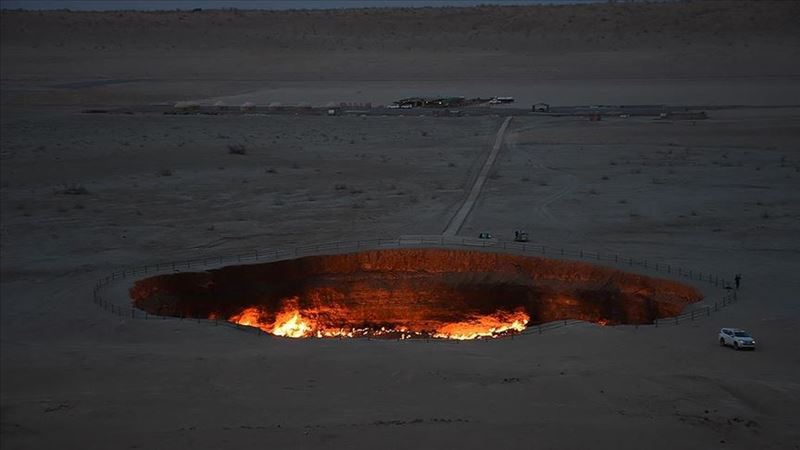


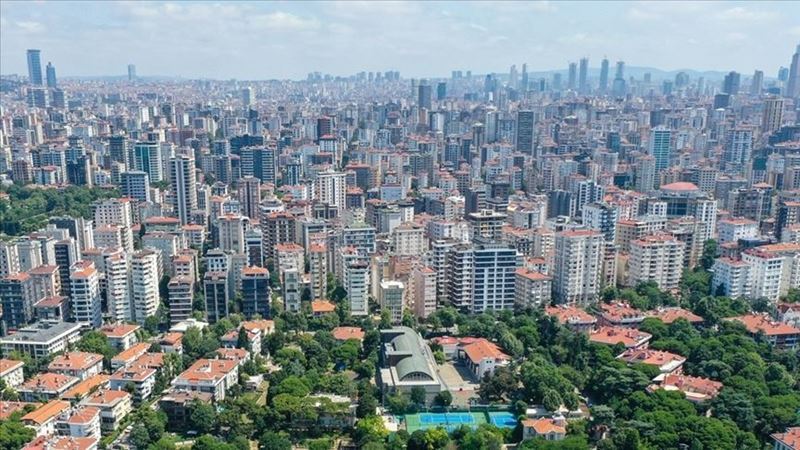
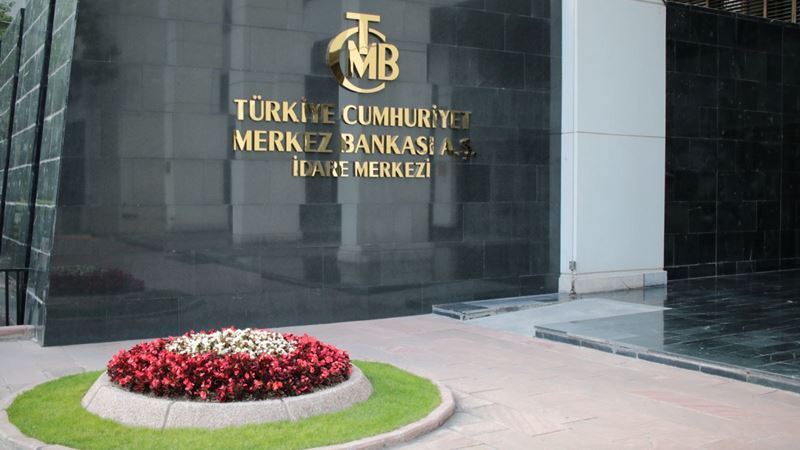
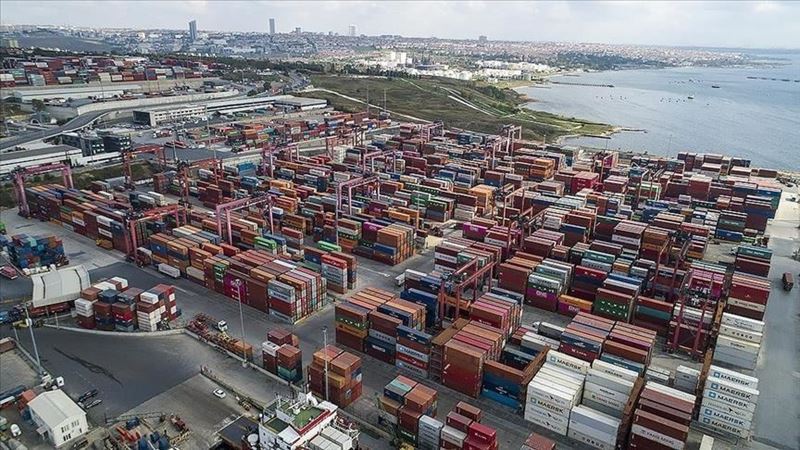
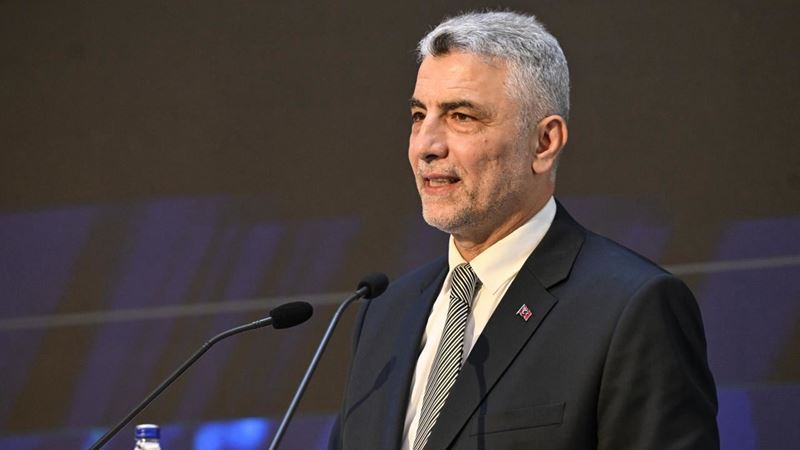


Comments
No comment yet.